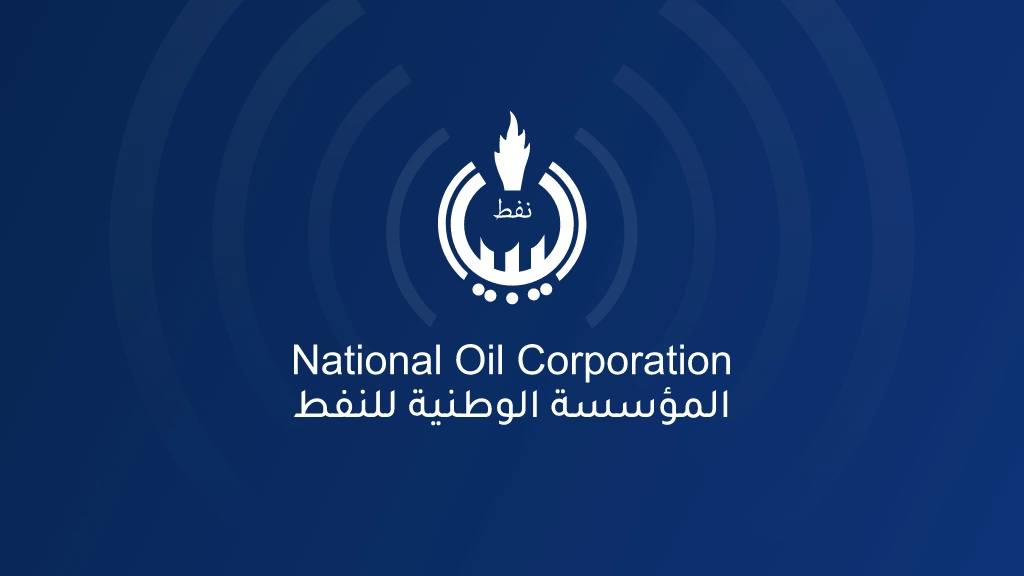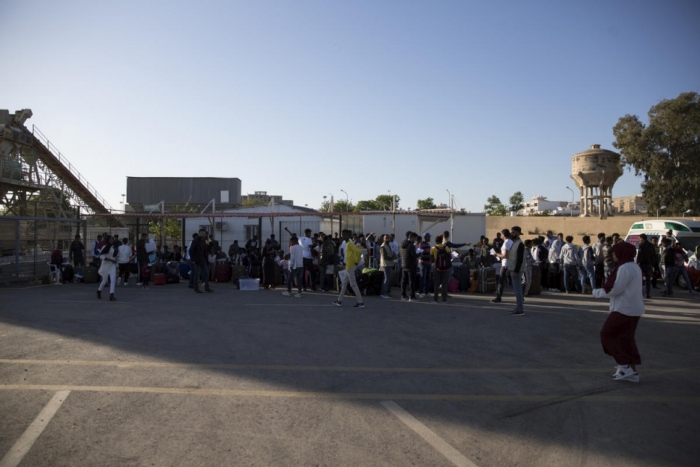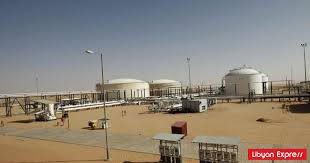The Libyan National Oil Corporation (NOC) is facing growing pressure to settle its refined oil products import bills as the country’s long-standing barter system comes to an end. While fuel imports continued into Libya in March, the NOC remains unable to pay for these supplies, a situation compounded by the country’s declining oil revenues.
The Libyan Central Bank has expressed concern over the sharp drop in crude oil revenues, which has severely impacted the country’s finances.
For years, Libya has relied on a barter system to secure fuel imports, trading crude oil for refined products in an arrangement that has allowed the NOC to avoid immediate cash payments. However, with this system now coming to a close, the NOC finds itself in a difficult financial position. The inability to pay for essential fuel imports is further exacerbating the already strained energy sector and complicating the country’s efforts to stabilize its economy.
The fall in crude oil revenues has been particularly alarming for the Libyan Central Bank, which has warned that without a recovery in oil income, Libya may face further economic challenges. The country’s political instability, ongoing conflict, and the collapse of critical infrastructure have already placed immense strain on its oil sector, and these recent developments only add to the growing economic uncertainty. As the NOC struggles to manage the fallout from the end of the barter system, Libya’s energy sector remains at a crossroads, with urgent steps needed to secure financial stability and prevent further deterioration of services.



